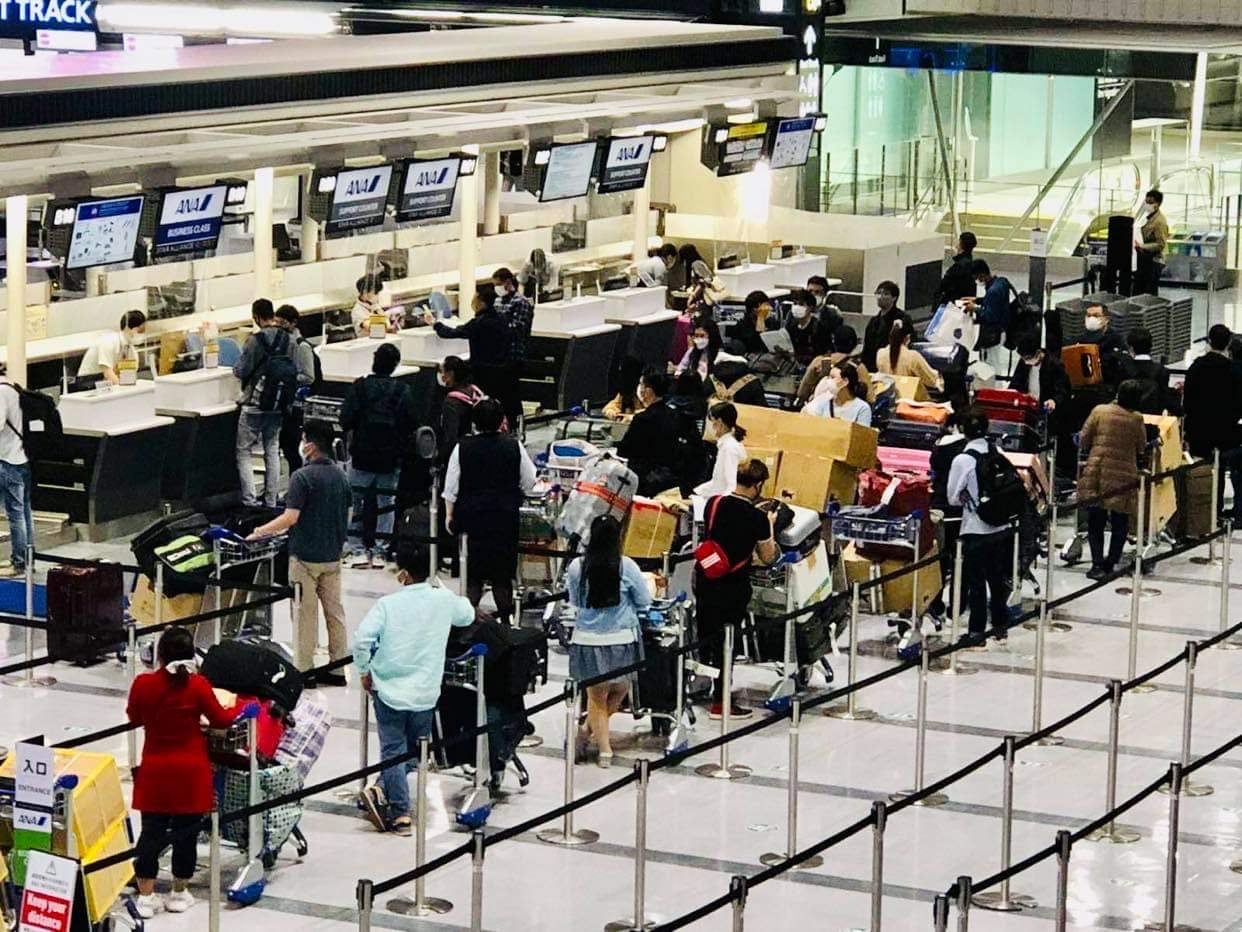CNI News
28 July 2022
As foreign currencies are appreciating against MMK, overseas workers are incurring higher costs, employment agencies told the CNI.
Employment agencies said that oversea workers who previously had to pay MMK 5 million service fees to work in Japan now incur MMK 8 million while service fees for those who go to Malaysia have risen by MMK 600,000.
Director Ko Nay Oo Ko of Naytic Asia, an employment agency sending workers abroad, told the CNI, “We have to buy air tickets in US$ at market exchange rates. Japanese companies pay ticket fees for trainees, but they transfer the money through banks, which convert foreign currencies into MMK at official exchange rates. So, trainees receive ticket fees in MMK. However, when they buy tickets, they have to pay in US$. As a result, they have to buy US$ at market rates of MMK 2,500. So, it is a burden for trainees. We don’t know what will happen in the future.”
As a result, employment agencies have to lower service fees for workers.
Although the Central Bank of Myanmar set the official exchange rate at K 1,850 per dollar, market exchange rates have risen to as much as MMK 2,500 per dollar recently while that of Baht and Yen have reached MMK 70 per Baht and MMK 18 per Yen.
As overseas workers have to pay an amount of MMK equivalent to service fees set in foreign currencies to agencies, they suffer losses due to appreciation of foreign currencies, Ko Naing, who is trying to work abroad, told the CNI.
“The main problem is the depreciation of MMK, as we have to pay service fees set in foreign currencies. Agencies accept service fees not at official exchange rates but at market exchange rates. So, the lower the MMK drops, the higher the fees they have to pay. In the past, we needed to pay on MMK 2 million at the market exchange rate of MMK 2,000 per US$ but we will have to pay MMK 2.5 as the market exchange rate has gone up to MMK 2,500 per US$,” he explained.
Since workers who signed contracts previously will pay service fees at the market exchange rates of the time but rates have gone up, agencies are suffering losses, Ko Nway Ko Ko Lin of Pwint Phu Aung Agency told the CNI.
Agencies have to buy US$ at the market exchange rates, which are changing from time to time and it is difficult to set the service fees exactly, he added.
Ko Nway Ko Ko Lin told the CNI, “A few days ago, I signed contracts with workers who will go to Malaysia. The market exchange rate at that time was just above MMK 2,200 per US$. So, I told them I would take service fees in MMK equivalent to US$ 850 approved by the government for each of them at the market exchange rate of MMK 2,300 per US$ and would reimburse what was more than the rate. However, the rates rose to MMK 2,480 per US$ within half an hour. So, I had to tell the service feed to them again. We face a lot of such problems.”
Although workers cost a lot of money to work abroad, salaries they get abroad are very high in terms of MMK and they might be profitable, Director Ko Nay Oo Ko of Naytic Asia Agency told the CNI.
“They may incur higher costs at the beginning and will have to pay MMK 7 or 8 million service fees instead of only MMK 5 million in the past. However, when they work in Japan, they will earn in foreign currencies and they will be able to cover the costs within three or four months. As they earn in foreign currencies, MMK is depreciating and they will get a larger amount when their foreign currencies are converted into MMK. When they send Y 100,000 back home in the past, their families get MMK 1.2 million or MMK 1.3 million. Now, they will get MMK 1.7 million when they send Y 100,000. So, they can get a lot of money,” he said.
Due to the current political situation, shortages of jobs and high commodity prices, a lot of people are trying to work abroad despite high costs, according to overseas employment agencies.




